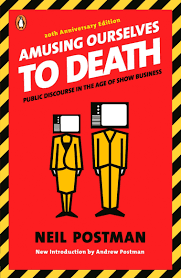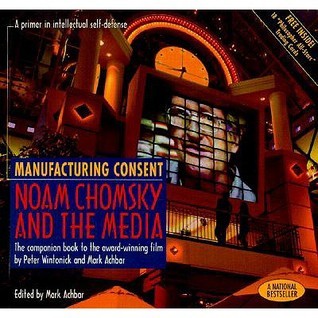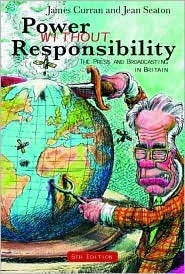
Amusing Ourselves to Death: Public Discourse in the Age of Show Business
Book Description
In a world where laughter drowns out serious conversation, society teeters on the edge of absurdity. Neil Postman’s 'Amusing Ourselves to Death' dissects the chilling transformation of public discourse into entertainment, exposing the dangers lurking in our screens. With razor-sharp wit, he navigates the collision between informed debate and captivating spectacle, revealing how news has morphed into mere amusement. As culture shifts from critical thinking to passive consumption, can humanity reclaim its voice before the last shred of meaningful dialogue disappears? Will we wake up in time, or is the age of profound discourse over for good?
Quick Book Summary
In "Amusing Ourselves to Death," Neil Postman examines how television and visual media have fundamentally transformed public discourse in modern society. He argues that as a culture dominated by images and entertainment, the serious exchange of ideas—the cornerstone of democracy—has been replaced by trivial and sensational content. Postman contrasts the print-based culture of earlier eras, which encouraged rational debate and critical thinking, with television's preference for spectacle and amusement. News, politics, and education are increasingly presented as entertainment, eroding citizens' abilities to engage deeply with important issues. Postman's critique foreshadows current anxieties about media saturation, infotainment, and the fate of meaningful dialogue in the digital age, posing urgent questions about how we consume information and participate in civic life.
Summary of Key Ideas
Table of Contents
The Shift from Print Culture to Visual Media
Neil Postman opens by contrasting two dystopian futures: one typified by George Orwell’s "1984," where information is restricted, and another by Aldous Huxley’s "Brave New World," where the flood of trivial information renders people passive. Postman proposes that our society is drifting toward Huxley’s vision. He explores the historical power of the print medium, especially in shaping American public discourse. Print required critical thinking and fostered a rational, informed citizenry capable of complex thought and serious debate.
The Entertainment Model of Television
The proliferation of television, Postman argues, has drastically altered the way information is conveyed and received. Unlike print, television is visual and immediate, prioritizing entertainment value above substance. The medium itself shapes the content, so even the news and political debates are reframed as entertaining spectacles. This shift elevates images over words, quick takes over sustained arguments, and emotion over logic—altering the very structure of public communication.
Deterioration of Public Discourse
Postman critiques how television has transformed not only news but also the conduct of politics and education. Political figures are valued for charisma and image rather than ideas, as seen in TV debates and campaigning. Schools, too, increasingly adopt entertaining, visual methods to compete with commercial media, often prioritizing engagement and amusement over true learning. Such trends, Postman warns, degrade the quality of public life by making everything subordinate to the demand for entertainment.
Impact on Politics and Education
The book further explores how television undermines our capacity for rational thought. The continuous stream of fragmented, contextless information discourages reflection and meaningful participation in democratic life. As citizens lose their ability to concentrate and reason deeply, critical debate wanes, replaced by passive consumption and indifference. Public discourse becomes shallow, trivialized by a medium ill-suited for complexity or nuance.
The Threat to Rational Thought and Democracy
Postman ends with a call to recognize the limitations of television and technology as modes of communication. He urges individuals and institutions to become aware of how media influences thought patterns and civic engagement. Only by fostering media literacy and reviving space for serious dialogue can society hope to restore the substance and depth that meaningful public discourse requires.
Download This Summary
Get a free PDF of this summary instantly — no email required.





